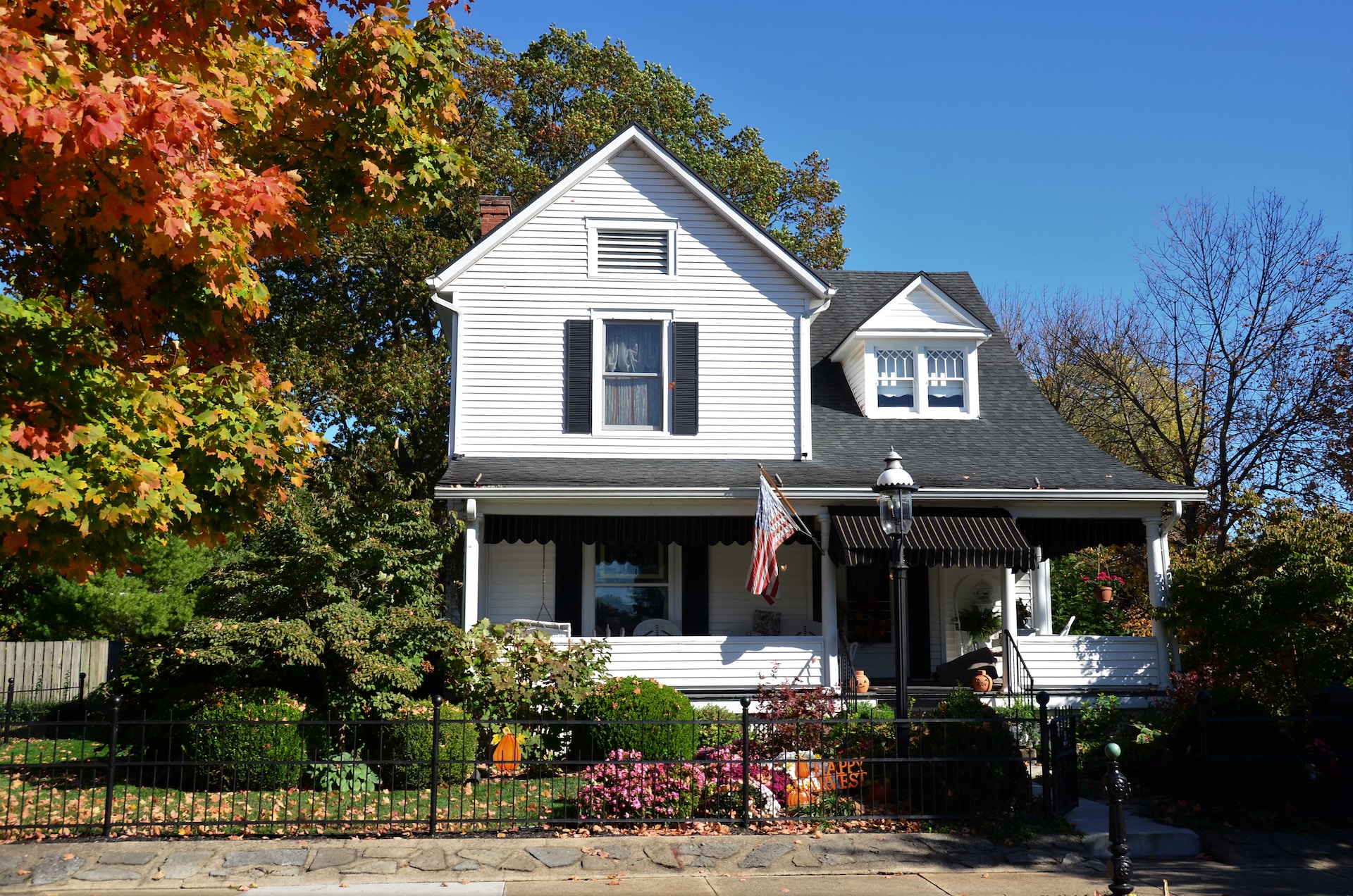

Question: How do interest rates affect mortgage prices?
Answer: Interest rates directly impact mortgage prices. When interest rates rise, mortgage rates increase, making borrowing more expensive. Conversely, lower interest rates lead to lower mortgage rates, making borrowing more affordable and potentially increasing demand for real estate.
How Interest Rates Affect Mortgage Prices? Behind the Numbers
Have you ever wondered how interest rates affect mortgage prices? At first glance, the correlation might seem straightforward, but there are numerous intricacies at play. Grasping these complexities will provide a deeper understanding of your mortgage’s overall cost and how changes in interest rates could affect your housing affordability.
Interest rates play a pivotal role in the housing market. They influence the cost of borrowing money for a mortgage, thereby impacting the total cost of home ownership. Let’s dive into the interplay of interest rates and mortgage prices.
The Cost of Borrowing: Mortgages Explained
At its core, a mortgage is a loan provided by a lender to help a borrower purchase property. The borrower must repay the loan, plus interest. The interest is essentially the cost of borrowing the money and serves as the lender’s profit.
Higher interest rates mean a higher cost of borrowing, which translates to higher mortgage payments. Conversely, lower interest rates result in lower mortgage payments. Therefore, when you’re hunting for a home, it’s essential to keep an eye on interest rates because even a slight fluctuation can significantly affect your mortgage.
Click here to learn how to find the value of a house in Mono
Related Article: Will the Future Value Decrease as the Interest Rate Increases?
Related Article: What is the Impact of Rising Interest Rates on Property Valuation?
Understanding the Impact: Interest Rate Fluctuations
To understand the impact of interest rates on your mortgage price, consider this example. Let’s say you plan to take out a mortgage of $300,000 with a 30-year term. If the interest rate is 3%, your monthly mortgage payment would be approximately $1,265. If the interest rate rises to 4%, your monthly payment increases to about $1,432. That’s a difference of $167 per month, or $2,004 per year. Over the term of your mortgage, this seemingly small increase in interest rate could mean paying an additional $60,120. [ 1 ]
Types of Mortgages: Fixed-Rate and Variable-Rate
Interest rates affect fixed-rate and variable-rate mortgages differently. With a fixed-rate mortgage, the interest rate is set for the term of the loan. This rate won’t change regardless of what happens in the broader economy, offering stability and predictability in your mortgage payments.
On the other hand, a variable-rate mortgage, as the name suggests, means that the interest rate can change over time. These changes align with fluctuations in the prime rate, which is influenced by the economic conditions of the country. If interest rates decrease, so will your mortgage payments. Conversely, if rates rise, your payments will increase.
Preparing for the Future: Mortgage Renewal Time
If you have a fixed-rate mortgage, changes in interest rates during the term of your loan won’t impact your mortgage payments. However, these changes become relevant at mortgage renewal time.
When your mortgage term ends, you’ll need to renew your mortgage for another term. If interest rates have risen since you first took out your mortgage, you might face higher mortgage payments going forward. On the flip side, if rates have fallen, you could enjoy lower mortgage payments.
Deciphering the Market: Interest Rates and Housing Affordability
The connection between interest rates and mortgage prices affects not only individual borrowers but also the broader housing market. Lower interest rates make borrowing cheaper, potentially boosting demand for housing. Increased demand could drive up housing prices, particularly if the supply of homes is limited.
Conversely, higher interest rates increase the cost of borrowing, potentially dampening demand for housing. If demand falls significantly while supply remains constant or increases, housing prices could drop.
For more information please visit jenjewell.ca
The Bottom Line: Making Informed Decisions
Interest rates are a critical factor in determining the price of your mortgage and how much house you can afford. Understanding how interest rates affect mortgage prices will allow you to make more informed decisions about home ownership. Whether you’re a first-time home buyer, looking to refinance your current home, or renewing your mortgage, being aware of interest rates and their potential impact on your mortgage payments is crucial. Keep an eye on these rates, understand your budget, and make the financial decision that suits you best.
References
1. https://www.bmo.com/main/personal/mortgages/increasing-interest-rates-and-your-mortgage/


